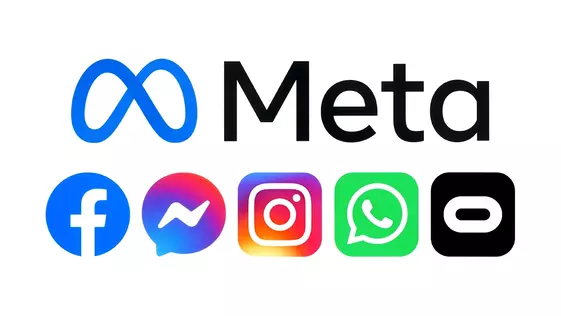EU Launches Investigation into Meta’s Handling of Disinformation
In a move that should come as no surprise to those who have watched the digital landscape shift with the tides of disinformation, the European Union is poised to scrutinize Meta’s approach to managing the spread of falsehoods across its platforms. As reports from the Financial Times indicate, the tech giant’s handling of disinformation campaigns—particularly those originating from adversarial nations such as Russia—has caught the critical eye of EU regulators.
The stakes couldn’t be higher as the continent approaches pivotal elections, with fears mounting that orchestrated campaigns of deceit could influence democratic processes and tilt the scales of political balance. the parent company of Facebook and Instagram, finds itself in the crosshairs of a broader concern that social media companies aren’t doing enough to staunch the flow of misleading and harmful content.
While the company claims it is committed to combating misinformation, officials argue that their methods for identifying and flagging illegal content fall short of the user-friendly standards set forth by the EU Digital Services Act. This isn’t just a matter of technical compliance; it’s a question of safeguarding the integrity of information in an era when the line between truth and falsehood blurs with a tap of a screen.
This confrontation is not just about a mere technical oversight; it’s about safeguarding the very essence of democracy. As elections loom on the horizon, the unchecked spread of false narratives on platforms poses a direct threat to the political integrity of the European bloc. The EU regulators are demanding accountability from them, questioning whether the company is doing enough to stem the tide of digital deceit.
The probe, expected to begin today, underscores a pivotal moment for it as it faces pressure to prove its worthiness as a steward of online discourse. Will it rise to the challenge, or continue to allow disinformation to find fertile ground within its virtual walls? As the investigation unfolds, one thing is clear: the future of the digital public square hangs in the balance.






